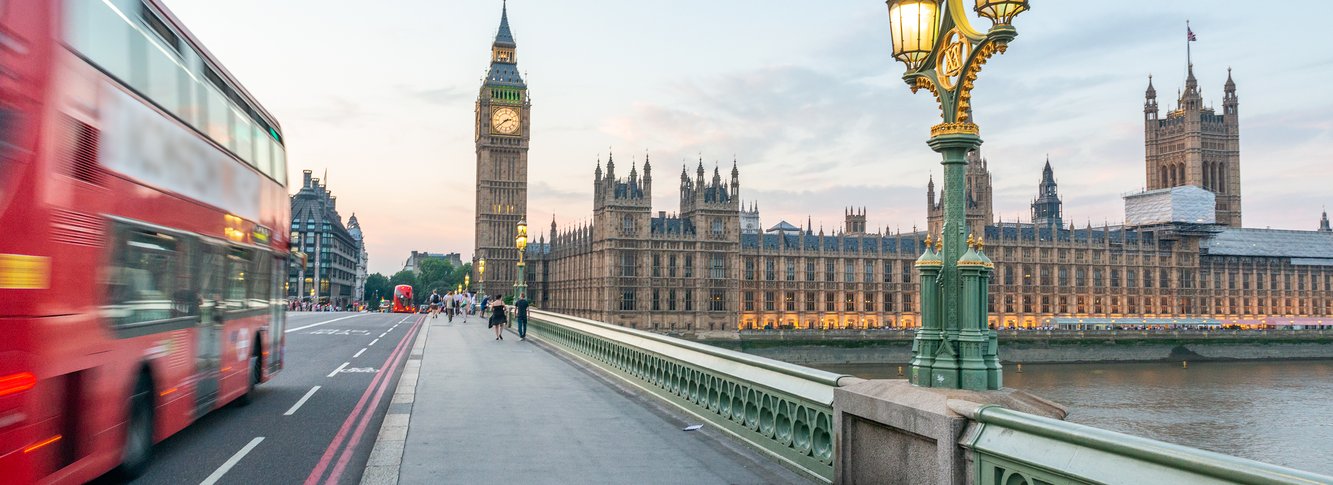| 7 mins read
At the end of 2022, House of Lords reform moved back onto Britain’s political agenda. Keir Starmer pledged that the next Labour government would abolish the current unelected House of Lords and replace it with an elected second chamber. Meanwhile, Conservative peer Lord Norton introduced a Private Members’ Bill, seeking to strengthen the House of Lords Appointments Commission (HOLAC), placing more robust checks and balances on prime ministerial patronage.
Both proposals warrant further discussion and evaluation before I suggest a more novel and arguably radical policy option.
Labour’s (latest) Abolition Proposal
The Labour Party has a history of equivocation over House of Lords reform, with different options being proposed at different junctures. Outright abolition, an elected second chamber, a wholly appointed Lords – Labour has considered it all. The last of these is effectively what exists today resulting from Blair’s failure to complete ‘stage two’ of his House of Lords reform.
Labour’s latest proposal is to replace the Lords with a directly elected body. Labour is currently proposing that the new second chamber, to comprise just 200 members, would be called the Assembly of the Nations and Regions. It would be tasked with protecting the constitution, although the new body would also (like the current House of Lords) conduct legislative scrutiny more generally, including the tabling of amendments to bills. Ultimately, though, the pre-eminence of the House of Commons would be maintained.
However, while Labour’s leadership acknowledges that its current proposal to establish a new elected second chamber requires further consideration and clarification, the party is likely to be confronted with three problems which will prove very difficult to resolve.
The first concerns which voting system to adopt: simple plurality (first past the post) or some variant of proportional representation (PR)? The former would merely create a second chamber elected on a very similarly to the House of Commons, whereas PR would inevitably raise questions about why this could not be adopted for general elections: why should the upper house be elected by an arguably fairer electoral system?
The second problem is the timing of elections. Labour is proposing that upper chamber elections would be conducted at different times to Commons elections. Differently timed elections would likely result in a different party (from the government) winning more seats, due to governments often suffering ‘mid-term blues’ and loss of support.The largest party/parties in the upper house would then claim to be more representative of public opinion, and have a more recent mandate, than the party which won the general election a couple of years ago. This could lead to more clashes between the two houses over amendments to governmental bills.
The third problem is that the vast expertise currently enshrined in the Lords via the lived experience in various professions prior to appointment would almost certainly be lost. This is because candidates for election would almost inevitably be selected for party political reasons. Most life peers currently sit in party blocs, but, excluding ex-ministers or MPs, many were originally appointed due to professional achievement or other major contribution to public life beyond politics. Life peers currently include charity leaders, eminent academics, scientists, and senior medics. It is difficult to see how these members would survive if the current house was to be directly elected.
The Conservatives
The Tories have generally been disinterested in Lords reform. It is only during the last couple of years that some senior Conservatives have shown any serious interest in Lords reform. In 2022, after an initially unsuccessful attempt, Lord Norton reintroduced his House of Lords (Peerage Nominations) Bill. Its main objectives, among others, were to:
- Place HOLAC on a statutory basis.
- Require a Prime Minister to refer nominee(s) for a peerage to HOLAC and wait for a decision before formally recommending them to the monarch.
- Require that 20% of Lords be politically unaffiliated, with no Lords political party majority, and limiting the House of Lords to being no larger than the Commons.
A Prime Minister is currently not obliged to follow HOLAC advice on their nominations; they can simply ignore them, because the Commission is ultimately advisory. Lord Norton therefore aimed to make HOLAC statutory, while ensuring transparent criteria is met when new peers are appointed.
While Lord Norton’s reforms are welcomed, most remaining appointees would still be formally nominated by the Prime Minister. His bill would limit prime ministerial patronage by empowering HOLAC to reject ‘unsuitable’ nominations, but it would still mean that Opposition leaders and the Prime Minister were the prime sources of almost 80% of nominations beyond Crossbenchers, leaving an appointed second chamber still overwhelmingly party political.
Residual problems—and a possible remedy
I would therefore propose that HOLAC be strengthened much further, such that it became solely responsible for selecting 80% of members of the second chamber, based on clear criteria or relevant real-world or lived experience.
Why limit HOLAC’s nominations to 80% rather than 100% of all Lords appointments? Ideally, I would have preferred to propose that HOLAC became solely responsible for all future appointments. This would however have created a practical problem in terms of party leaders and the Prime Minister submitting nominations, ultimately to secure party representation by stealth in the second chamber.
Recognising this, I would reluctantly permit 20% of seats to be filled by appointees nominated by political leaders, subject to HOLAC’s statutory approval. This would still leave HOLAC solely responsible for appointing 80% of peers on non-political grounds. The Lords would maintain its current function and the Commons would maintain its legitimacy via election. The second chamber would enjoy greater prestige and public respect both by virtue of the breadth and depth of real-world experience it enshrines, and because 80% of members would be appointed by HOLAC transparently. This, in turn, would hopefully restore some of the trust that Parliament has lost in recent years, owing largely to the conduct of some MPs and Prime Ministers.
Need help using Wiley? Click here for help using Wiley







